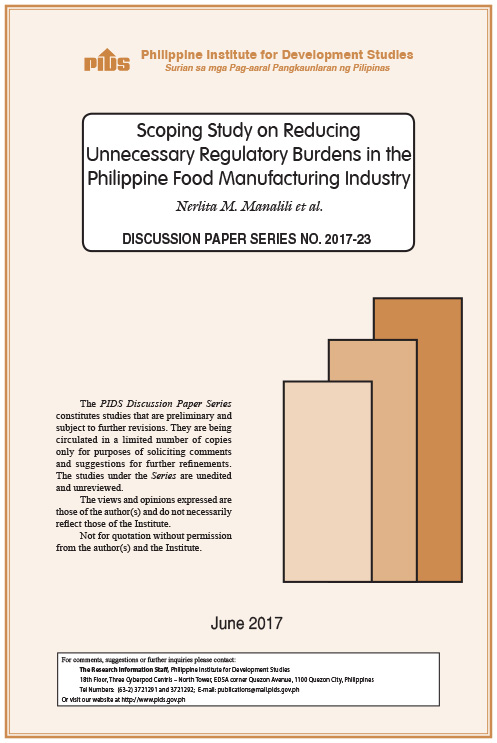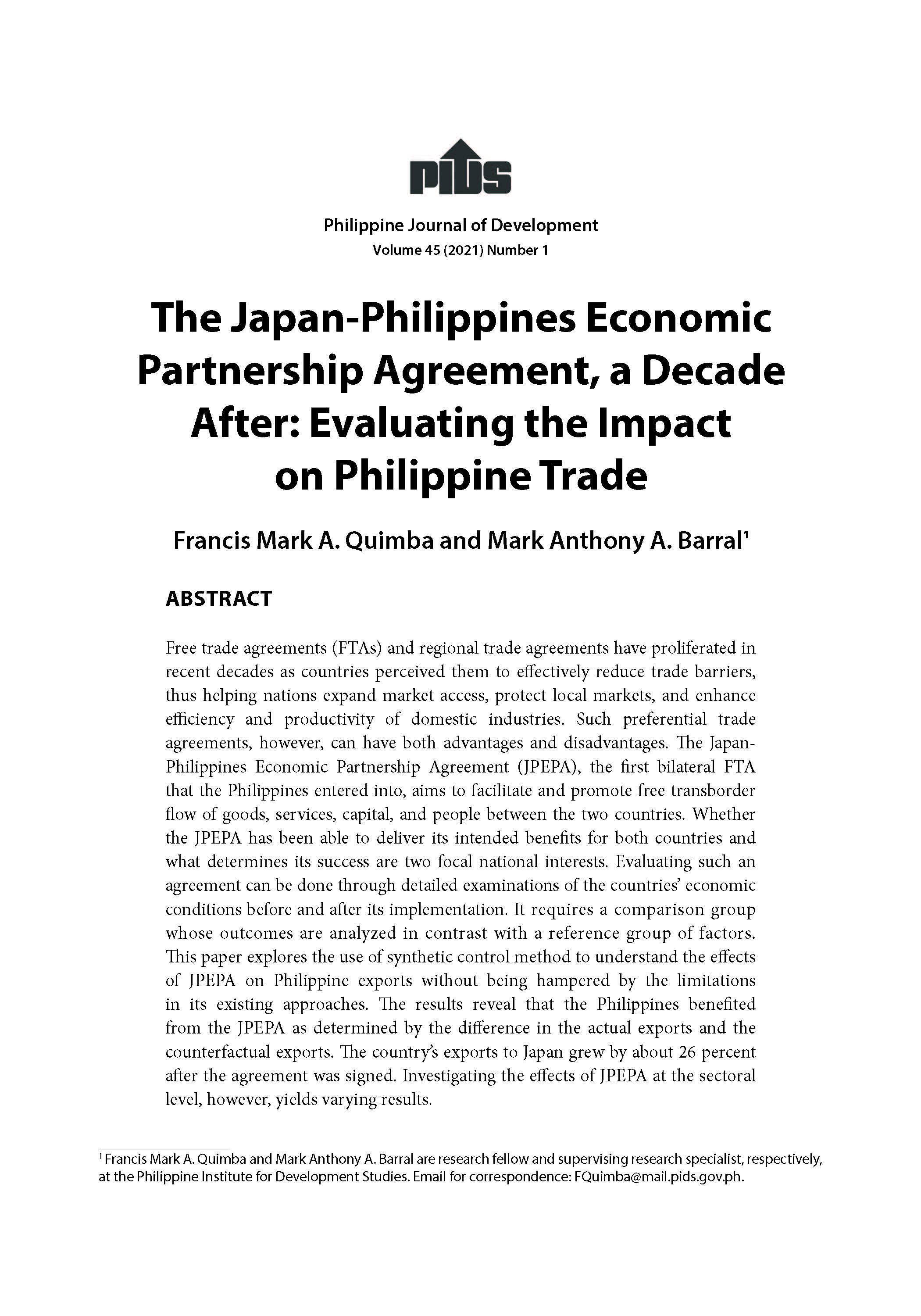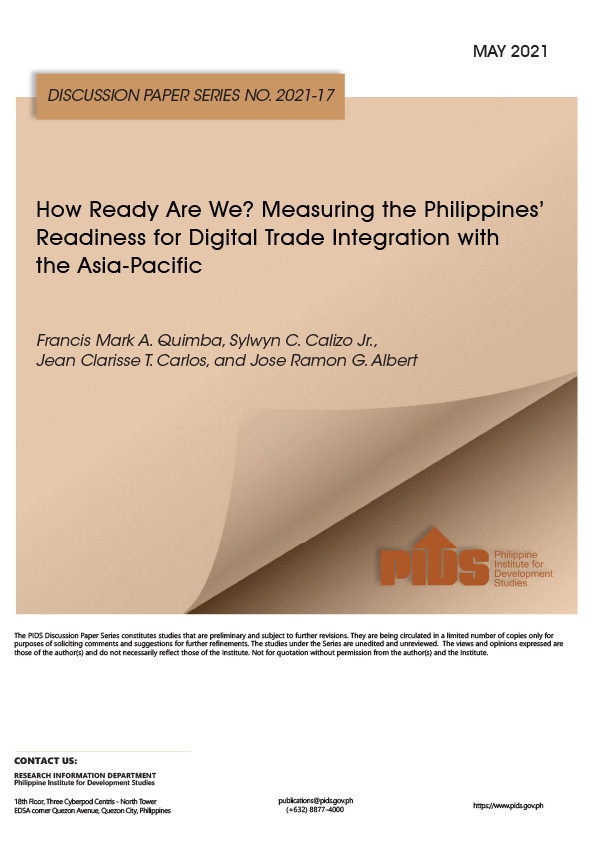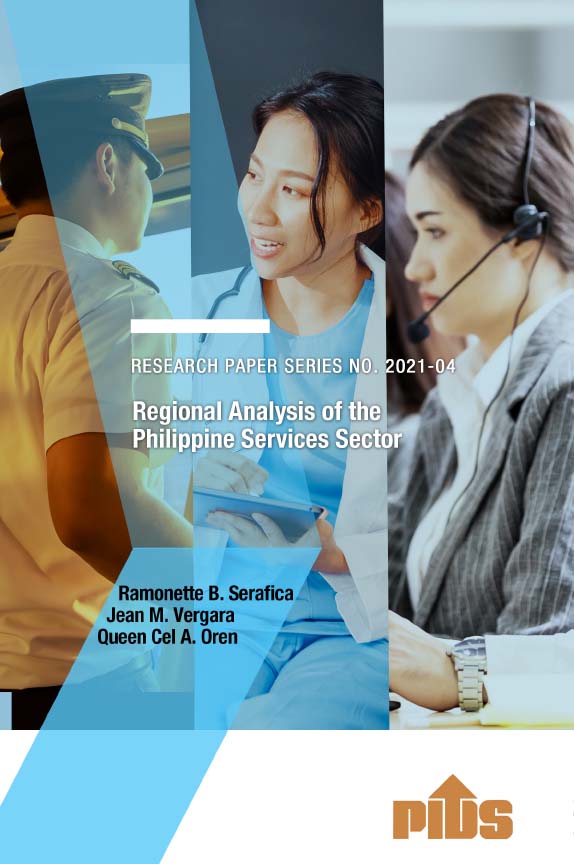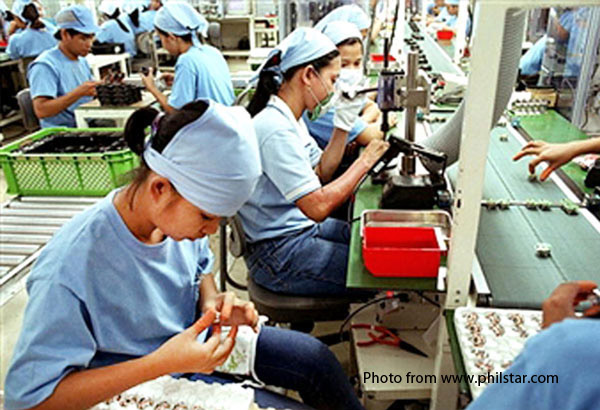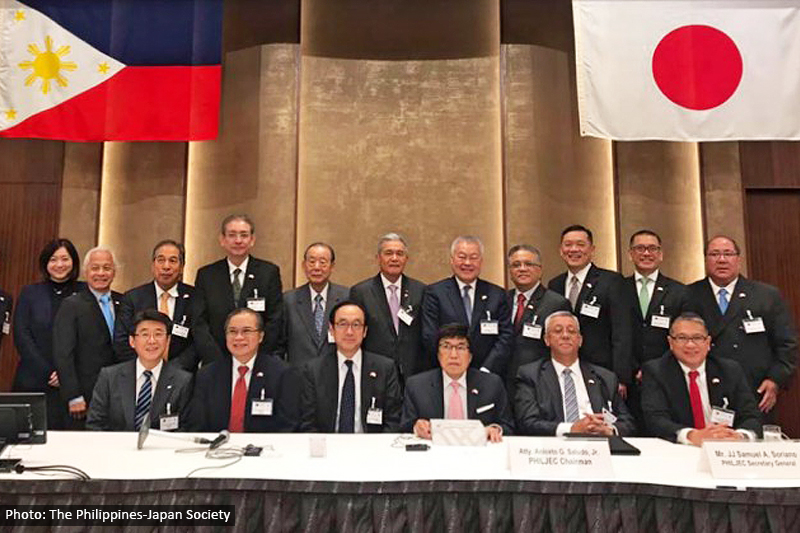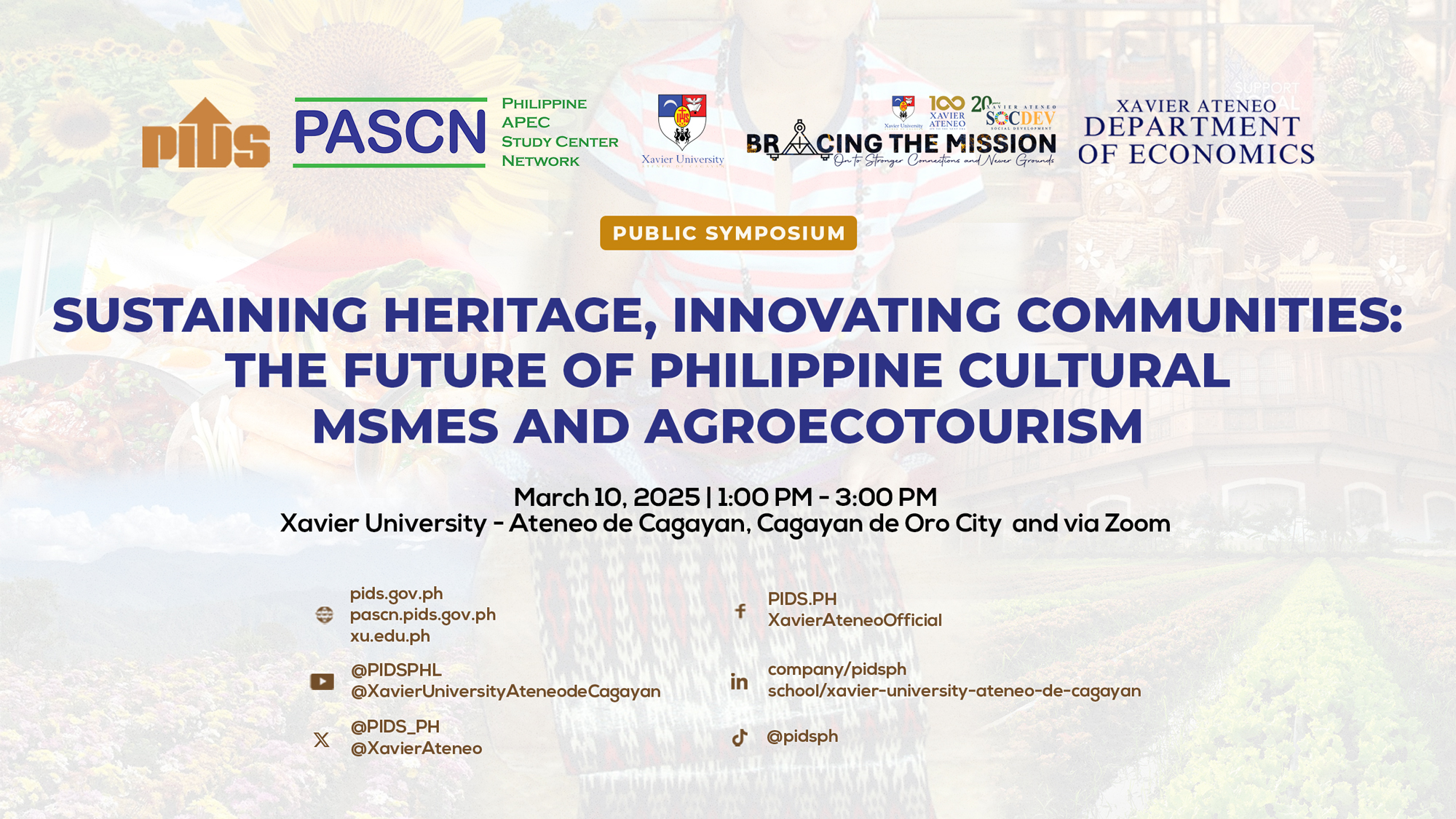The food manufacturing industry (FMI) is a major contributor to the country's total manufacturing output. However, despite the industry's performance in terms of job creation and income generation, it is constrained by existing regulatory procedures and processes. A scoping study assessing the Philippine FMI subsectors and the regulatory system governing it is reported here. Specifically, this study aims to map out the existing regulatory procedures and processes in the sector, determine key bottlenecks in the regulatory process chain, and prepare an estimation of the regulatory burden of the bottlenecks. Literature review and consultations were conducted for various food manufacturing subsectors (FMS) and concerned government agencies.
This scoping study reveals that regulatory bottlenecks are related to four major concerns, namely, (1) organizational matters, which are related to both administrative and human resource requirements of Food Safety Regulatory Agencies; 2) regulation, which refers to compliance requirements and regulatory-associated fees; 3) trade and market access; and 4) consumer-related concern especially the low consumer rights awareness and movements. Thus, industry-wide plans covering both development tracks and the needed regulatory enhancements covering the abovementioned areas would be beneficial to all the FMS. An in-depth study of the sectors, particularly that of the other food products, dairy sector, and grain mill and starch products, should also be given due consideration.
Citations
This publication has been cited 3 times
- Arcalas, Jasper. 2017. Dairy producers lost money due to canceled import permits. BusinessMirror.
- Malaya Business Insight. 2017. Streamlined policies on food industry sought. Malaya Business Insight.
- Velasco, Ed. 2017. Implementation of RP food regulatory policies costly. The Daily Tribune.

